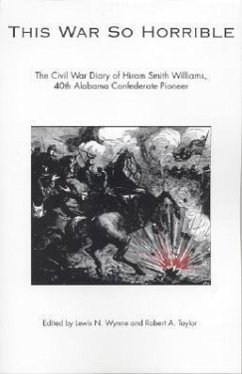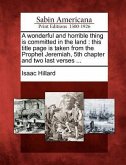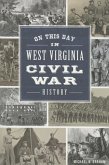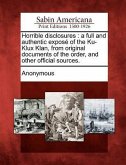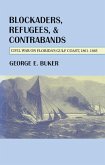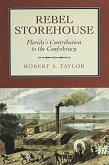"Williams's writings are quite compelling and interesting. The author not only tells us what happened but includes his own personal feelings at the time. It also fills a void in our knowledge of the duties of the Pioneer units in the Southern Armies." - Confederate Veteran"
Hinweis: Dieser Artikel kann nur an eine deutsche Lieferadresse ausgeliefert werden.
Hinweis: Dieser Artikel kann nur an eine deutsche Lieferadresse ausgeliefert werden.

